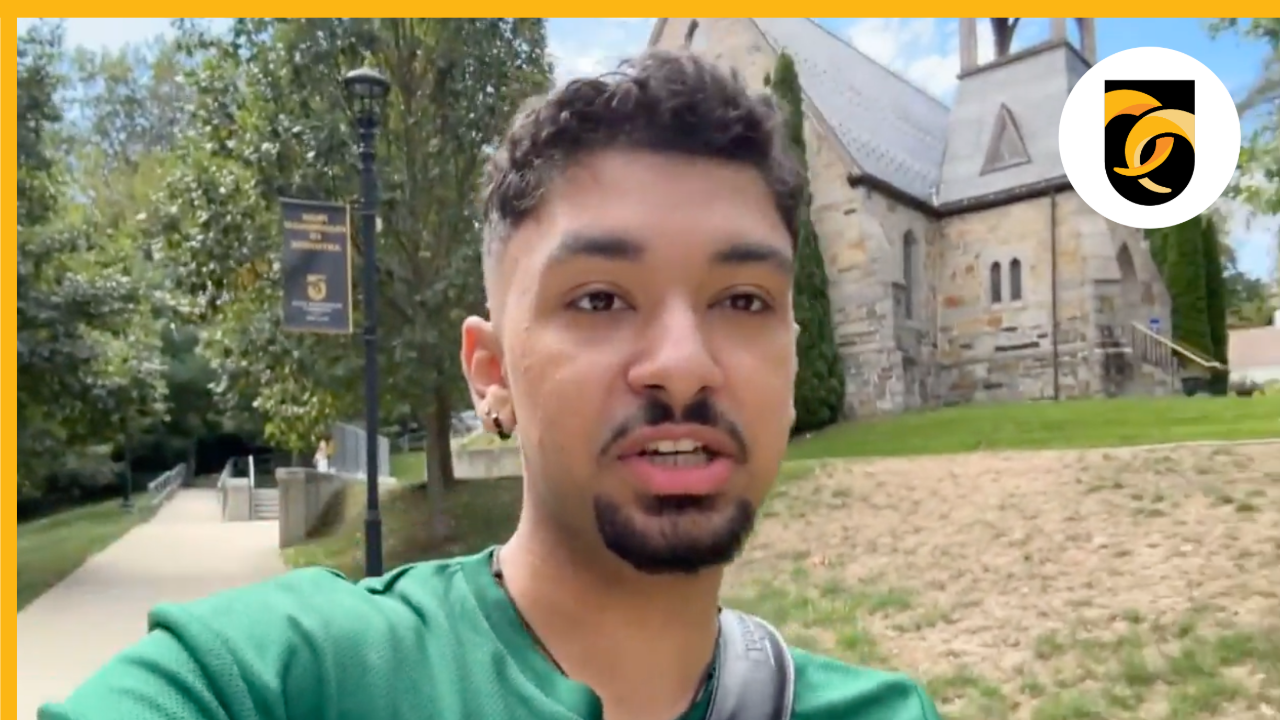Find your home in one of our colleges

Graduate Studies
Realize your potential with a Graduate Degree from Framingham State University.
Welcome to the Continuing Education Programs at Framingham State University, where lifelong learning and professional development are at the forefront of our mission. Our programs are designed to meet the diverse needs of adult learners, offering flexible and innovative pathways to advance your career, enhance your skills, and pursue your passions.

Honors Program
The Commonwealth Honors Program at Framingham State University is designed to provide academically talented students with the opportunity to enrich their college experience with courses both within and outside their major department. Courses bearing the ‘Honors’ designation are drawn from a wide range of disciplines, and are designed to be intensive and intellectually challenging, drawing upon and developing students’ creativity and analytical thinking skills. Learn more about the Honors Program here.

Student Experience
Watch FSU student Alcapone share three reasons why he loves attending Framingham State University.


